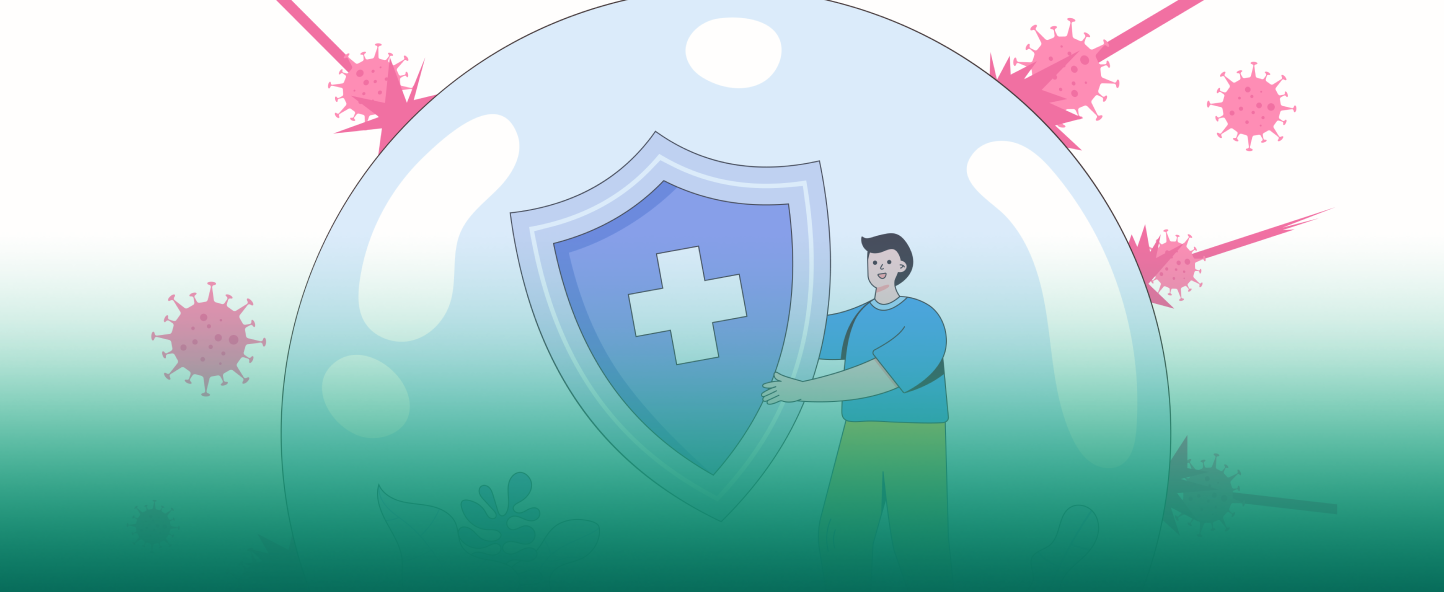In the field of medicine and healthcare, there are a number of myths and misunderstandings about how to properly strengthen the immune system or reduce the risk of disease. Let’s look at some of the most common misconceptions and analyze how they correspond to reality.
Myth #1: Immunomodulators are the key to strong immunity
When talking about the correct use of the term “immunomodulators,” they mean drugs that actually affect elements of the immune system. For example, anti-cancer drugs, which stimulate certain cells of the immune system to fight tumors, or interferon-beta, which supports the body in the fight against multiple sclerosis. However, it is unwise to use them to prevent frequent colds.
If the term “immunomodulators” is used incorrectly, it is often referred to as a variety of drugs for the treatment of acute respiratory viral infections and influenza, such as echinacea, imudon, imunal, cycloferon, polyoxidonium, anaferon, viferon, kagocel, amiksin, and others. These remedies are popular in the CIS countries, but have not received recognition outside its borders, since evidence-based medicine has not confirmed their effectiveness, and in some cases they have not been the subject of sufficient clinical research.
Myth No. 2: Vitamin C is a fighter against ARVI
Another common misconception is taking vitamin C to reduce the likelihood of getting a cold. Although vitamin C plays an important role in supporting the immune system, taking it in the form of a multivitamin will not necessarily improve your immune system. Additionally, the exact relationship between stress and disease requires more research, as long-term exposure to stress can actually weaken the immune system.
But the importance of vitamin D for immunity has long been underestimated. It has now been proven that a deficiency of this vitamin affects a decrease in immunity and frequent illnesses.
Myth #3: Stress is the enemy of immunity
Simple nervousness or even experiencing complex traumatic situations probably will not significantly worsen immunity, since the body usually adapts to stressful situations. However, long-term, constant exposure to stress can actually affect the immune system. The relationship between psychological stress, the immune system and morbidity is still a matter of research, and there is insufficient data to draw definitive conclusions.
How to build strong immunity in a child?
Along with common myths, there are recommendations for building strong immunity, especially in children. Breastfeeding helps the baby obtain the necessary antibodies, and contact with a diverse environment helps develop its own immunity. In addition, some hardening procedures can increase resistance to disease.
To form a strong immune system in a child, it is important to follow several key principles:
- Proper nutrition: Provide your child with a varied and nutritious diet that includes fruits, vegetables, grains, proteins and healthy fats. Maintain a regular eating schedule and avoid excessive consumption of processed foods and sweets.
- Physical activity: Encourage your child to engage in regular physical activity. Playing sports, active outdoor play and simple exercise can strengthen the immune system.
- Get adequate sleep: Ensure your child gets enough sleep depending on his age. Adequate sleep is important for restoring and strengthening the immune system.
- Hygiene: Teach your child good hygiene, including regular hand washing with soap, brushing teeth, sanitizing surfaces, etc. This will help protect him from infections.
- Vaccinations: Follow your doctor’s recommendations regarding your child’s vaccinations. Vaccination helps protect him from various infectious diseases and strengthen the immune system.
- Minimize stress: Create a calm and supportive family environment. Stress can weaken the immune system, so it is important to help your child cope with it.
- Prebiotics and Probiotics: Consider including foods rich in prebiotics and probiotics in your child’s diet, which promote gut health and a strong immune system.
- Visiting the Doctor: Get regular checkups and consultations with your doctor to monitor your child’s health and receive advice on how to strengthen his or her immune system.
Following these guidelines will help strengthen your child’s immune system and prepare him to fight off infections and illnesses.






